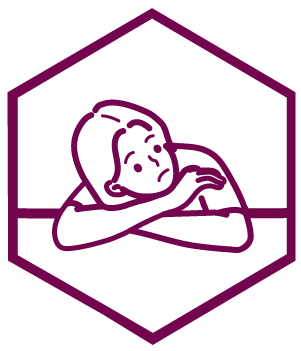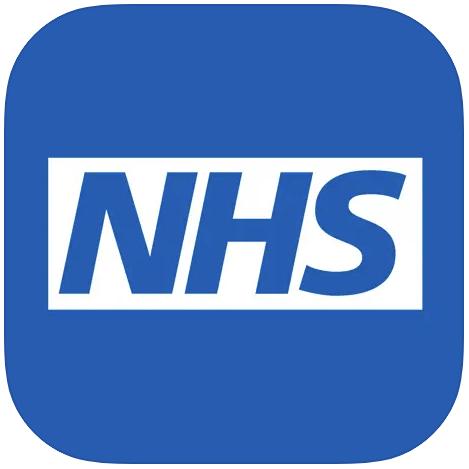IESO Cognitive behavioural therapy (CBT) – online 1:1 service
0800 074 5560 (confidential)
Monday to Friday, 9am–5.30pm
Online service
Cognitive behavioural therapy (CBT) is a form of psychological therapy that helps you spot how some of your thoughts affect your actions and feelings and teaches you about ways in which you can improve how you feel day-to-day.
Therapy such as CBT is traditionally delivered face-to-face. With Ieso you will work 1:1 with your therapist online, but the conversation is typed instead of spoken. It’s exactly like chatting via a messenger service with friends. You don’t need to be brilliant at spelling or worry about using the correct grammar. Online CBT has been shown to be just as effective as face-to-face, and many people find it less daunting and easier to be open.
Ieso is working in partnership with the NHS in Rotherham. To be eligible for online CBT on the NHS you must be aged 18 or over and registered with a GP in Rotherham.
NHS Talking Therapies
03000 215 108
Monday to Friday, 9am–5pm
Local venues (dependent on Coronavirus restrictions)
Interpreting service available
Rotherham Doncaster and South Humber NHS Foundation Trust (RDaSH) provides an Improving Access to Psychological Therapies Service. The service, provided by local therapists, is for Rotherham residents who require support with:
- Anxiety
- Stress
- Post-traumatic stress disorder (PTSD)
- Depression
- Panic
- Social anxiety
- Phobias
- Health anxiety
- Obsessive compulsive disorder
The service offers:
- Patient consultation in a way to suit every patient’s needs by:
- Telephone
- Video
- Face-to-face contact (dependent on Coronavirus restrictions)
- Group therapy
- Stress classes
Treatments include:
- Cognitive behavioural therapy (CBT)
- Guided self-help with Psychological Wellbeing Practitioners
- Counselling
- Couples therapy for depression
- Online CBT with Minddistrict
- Online Be Mindful course
- EMDR
- Interpersonal therapy
SignHealth
020 3947 2600
SMS/text message: 07966 976749
info@signhealth.org.uk
SignHealth is a charity dedicated to making sure Deaf people get the same sort of access as hearing people to healthcare and health information.


 The NHS App gives you a simple and secure way to access a range of NHS services on your smartphone or tablet.
The NHS App gives you a simple and secure way to access a range of NHS services on your smartphone or tablet.

